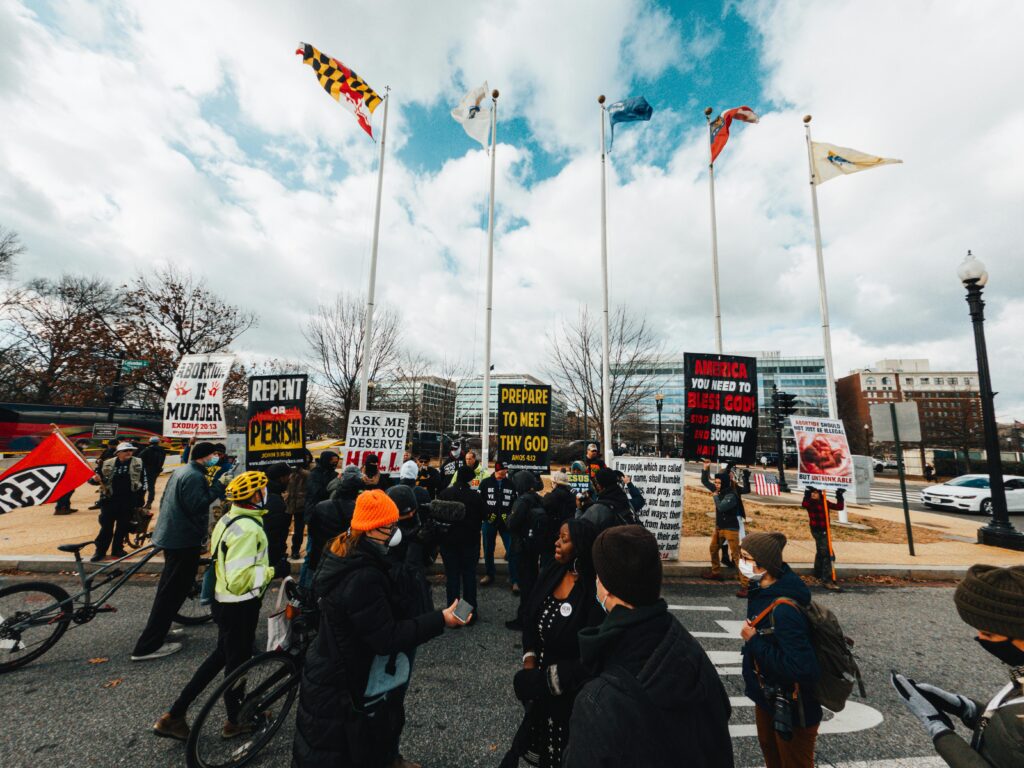The tapestry of American social movements is intricately woven with threads of moralism, a legacy rooted deeply in the early Puritan settlements of New England. This legacy, marked by a commitment to moral purity and social reform, has influenced the development of various social movements throughout American history. To understand the impact of Puritanism on these movements, it’s essential to explore how their values and ideals have persisted and evolved within American society.
The Puritan Legacy: Foundations of Moralism
The Puritans, arriving in the New World in the early 17th century, sought to create a “city upon a hill,” a society governed by their interpretation of Christian moral principles. This vision was not merely religious; it encompassed a comprehensive moral and ethical framework aimed at shaping every facet of communal life. The Puritans’ emphasis on discipline, education, and moral rectitude laid the groundwork for a culture that values reform and societal improvement.
Puritanism’s core tenets—self-examination, community accountability, and a vision of moral improvement—formed the bedrock for American social reform movements. Their belief in the need for continuous personal and societal purification fostered a cultural predisposition toward reforming societal ills and addressing moral failings.
The Abolitionist Movement: A Moral Crusade
One of the most profound manifestations of Puritan moralism in American history is the abolitionist movement. Abolitionists, many of whom were influenced by the evangelical fervor and moral rigor inherited from their Puritan forebears, saw slavery as a profound moral abomination. Figures such as William Lloyd Garrison and Harriet Beecher Stowe were driven by a moral imperative to eradicate the institution of slavery, echoing the Puritan belief in moral correction and social justice.
Garrison’s fiery rhetoric and Stowe’s influential novel “Uncle Tom’s Cabin” mobilized public opinion against slavery, reflecting the deep-seated Puritan conviction that societal reform was not only necessary but divinely mandated. The abolitionist movement, therefore, can be seen as an extension of the Puritan legacy of moralism applied to a critical social issue.
The Temperance Movement: Moral Reformation
The 19th century witnessed another significant reform movement with the rise of the temperance movement. Driven by the belief that alcohol consumption was a moral and social vice, temperance reformers sought to mitigate its effects through advocacy and legislation. This movement, too, was heavily influenced by Puritan moralism, which regarded alcohol as a destructive force undermining moral and social order.
Prominent reformers like Frances Willard and the members of the Woman’s Christian Temperance Union (WCTU) adopted a moralistic stance similar to that of the Puritans. Their efforts culminated in the passage of the 18th Amendment, which instituted Prohibition. Though Prohibition was eventually repealed, the movement underscored the enduring influence of Puritan moralism in shaping American social policies and attitudes toward personal conduct.
Civil Rights Movement: Moral Imperatives for Equality
The 20th century brought about another profound application of Puritan moralism through the Civil Rights Movement. Leaders like Martin Luther King Jr. articulated a vision of racial justice grounded in moral and ethical principles reminiscent of Puritan values. King’s speeches and writings frequently invoked moral arguments to challenge segregation and discrimination, framing the struggle for civil rights as not just a political but a deeply moral cause.
King’s advocacy was a continuation of the Puritan tradition of moral reform applied to the injustices of racial inequality. His vision of a “Beloved Community” where justice and equality prevail was a modern echo of the Puritan ideal of creating a society governed by moral and ethical principles.
Contemporary Implications: Moralism in Modern Reforms
In contemporary America, the legacy of Puritan moralism continues to influence social movements. Issues such as environmental conservation, LGBTQ+ rights, and criminal justice reform are often framed within moral arguments that emphasize the need for ethical conduct and social responsibility. This moralistic approach reflects the enduring impact of Puritan values on American reform efforts.
While modern movements may diverge in their specifics, the underlying moral impulse remains a powerful force in advocating for social change. The Puritan tradition of rigorous moral self-examination and a commitment to societal betterment endures, highlighting the complex interplay between historical values and contemporary reform.
Conclusion
The Puritan influence on America’s social movements is a testament to the enduring power of moralism in shaping societal reform. From the abolitionist crusade to modern social justice initiatives, the moralistic ideals of early Puritan settlers continue to echo through American history. By understanding this influence, we gain insight into the deep-seated values that drive our ongoing quest for moral and social improvement.










